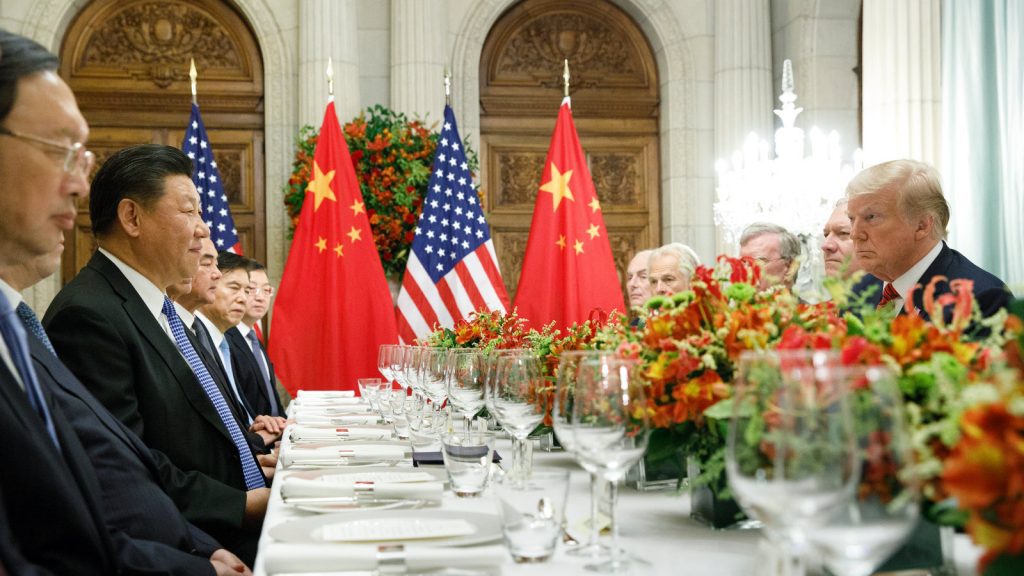China’s Rise to Global Economic Power
French Emperor Napolean Bonaparte once said, ‘China is a sleeping giant. Let her lie and sleep, for when she awakens, she will astonish the world’. He obviously wasn’t saying trash. The sleeping giant seems to be wide awake now, and truly, the world is left in awe.
The rise of China as the new power in the world system is arguably one of the most crucial developments we’ve seen over the last few decades. But how exactly did this happen and what does it even mean?


Before the initiation of economic reforms and trade liberalization about 40 years ago, China maintained policies that stagnated and impoverished her economy. Worse still, the policies were centrally controlled, and they nearly isolated China’s economy from the global economy.
However, the tides are no longer the same these days. The world seems to be witnessing a shift of the center of economic power from the United States to China lately. No doubt, the best description of China’s financial performance over the past 40 years is miraculous.


In 1978, when Deng Xiao-ping took over as the Chairman of the Chinese Communist Party (CCP), China’s GDP was just about $150 billion in constant US dollars, as the World Bank puts it. But recently, after Deng introduced significant reforms and transformations in the country, China’s GDP in constant US dollars went through the ceiling. It rose tremendously to over $13 trillion dollars, a growth rate of approximately 10% a year. Even though the rate of growth seems to have dropped to around 6%, China’s overall economic rise has been nothing short of stunning
